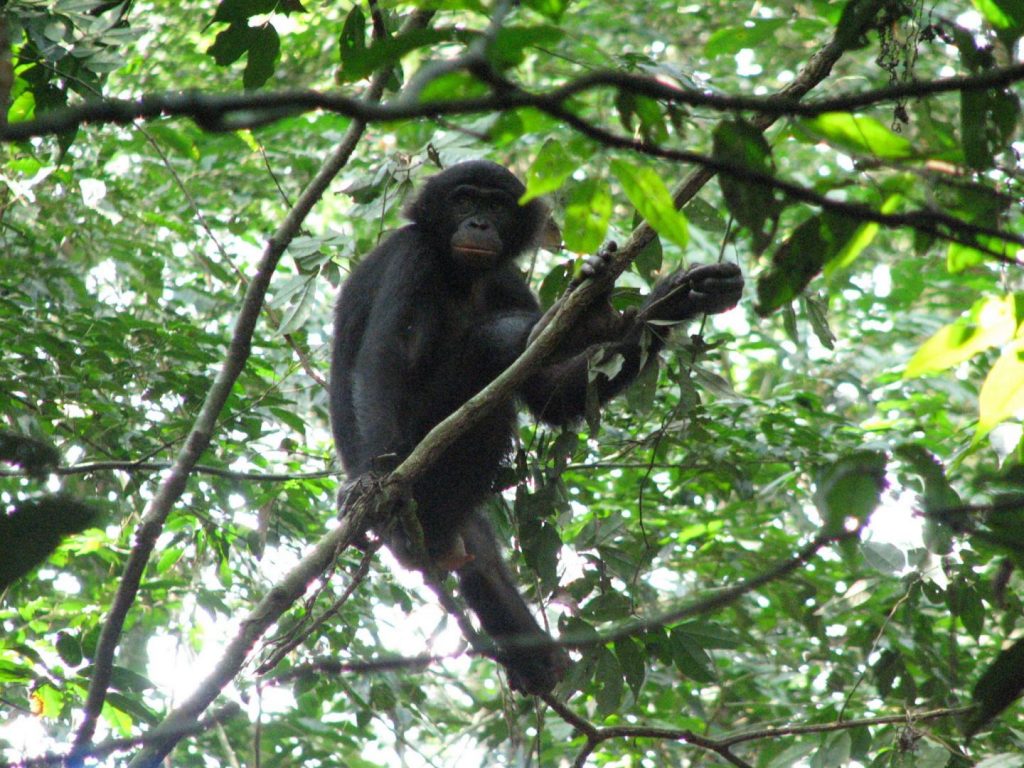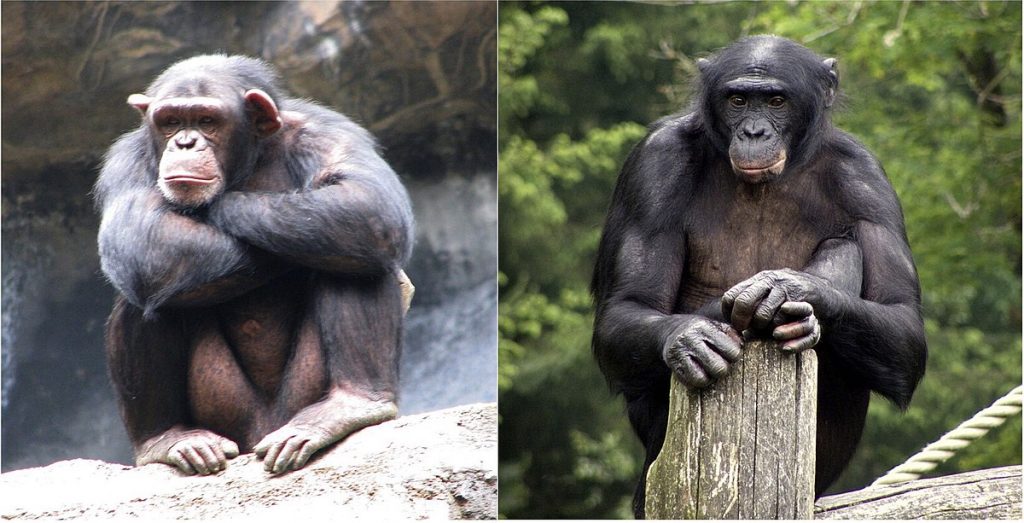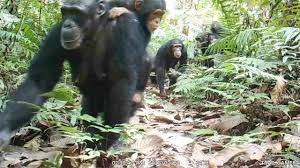Current prediction is great apes will lose 80% of their habitats by 2050
Of the great ape species, 3 out of the 4 non human species live in Africa. This is why it is so alarming the current estimates are that by 2050 great habitat will have reduced by 80%.
This is also a huge concern for the rest of the world. An 80% reduction in rainforest cover in Africa could make halting global warming impossible.
Obviously there are multiple strands of global warming and halting species loss. Unfortunately this could sink both problems into impossible or near impossible to solve.
Furthermore, there are other sad facts about this idea. Farmland rarely benefits the people who live in its vicinity. The huge plantations of Indonesia have destroyed the rainforests but they have not lifted living standards, indeed in many places they have eradicated the ability for locals to live – forcing them to leave their home.
Game reserves require significant staff to look after the guests. Furthermore, there are a great deal of resources that can be extracted without destroying the trees above. This allows locals to increase their standard of living, while at the same time allowing the rainforests to stay standing and the wildlife that lives there to continue to thrive.
It would seem that it should be possible to dig deep mines under rainforests without cutting the forest down first. Obviously we come back to the problem of poaching that might increase with the mine workers, but the simple fact is that most mines do not disturb the surface (except for the mine entrance). It likely increases mine costs, but given the wealth of minerals that are thought to lie under the Congo rainforest it should be more than worth it.
I do not want to have to explain to my grand children, why there are no great rainforests left in Africa. I have only visited one rainforest (that of the Udzungwas in East Tanzania), but apart from the environmental services that these places provide there are many parts of the planet which rapidly turn to desert if you remove the rainforests covering the ground.















